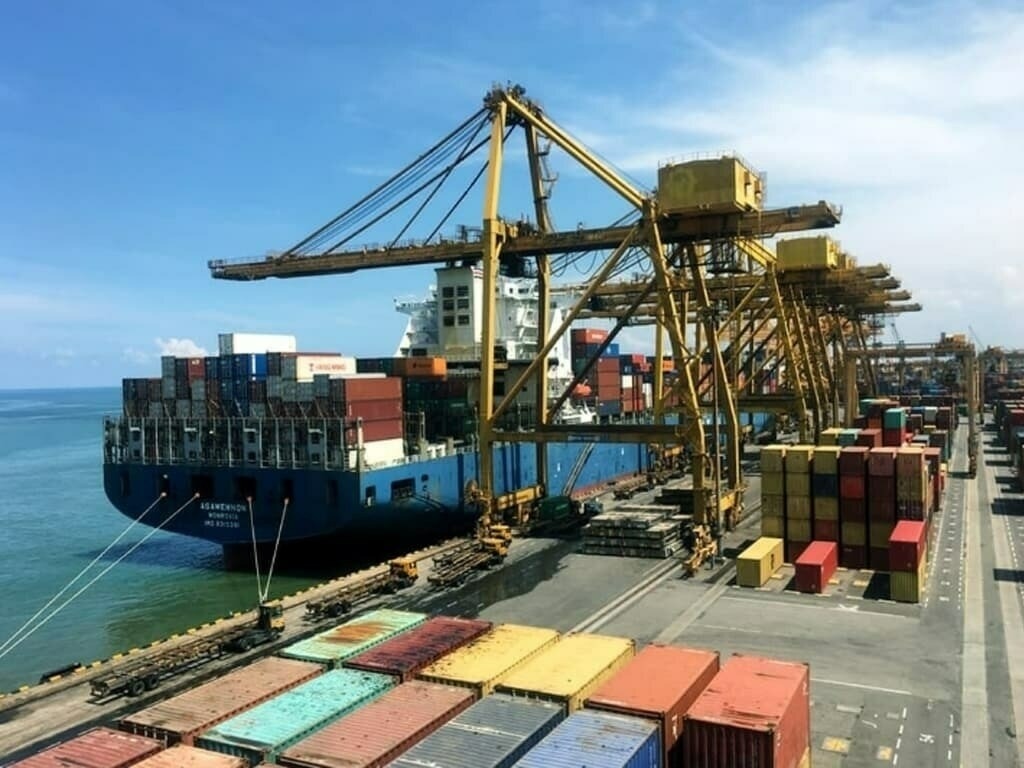- Web Desk
- 9 Hours ago
Foreign banks demand 10% commission for LC endorsement amid economic turmoil
-

- Web Desk
- Sep 03, 2023

KARACHI: In a move reflecting growing concerns over Pakistan’s economic challenges, foreign banks are now demanding a 10% commission to endorse letters of credit (LC) for importable consignments, according to banking insiders.
The depreciation of the rupee, coupled with issues related to foreign exchange reserves and debt servicing, has heightened business risks associated with the country. This, in turn, has eroded confidence in the nation’s banking system among global financial institutions.
Banking professionals have said that letters of credit issued by Pakistani banks no longer enjoy credibility in the eyes of international exporters. Consequently, these LCs necessitate endorsement from globally recognized foreign banks.
A senior banker commented on the situation told Dawn, “Growing risks and a deteriorating economic situation have weakened the country’s image abroad. The cost is too high, as foreign banks are now asking for a 10% commission on each consignment.”
SBP eases LC requirement for commercial banks
This trend of foreign banks profiting from endorsing domestic LCs has persisted for over a year, as Pakistan’s banks have generally lost credibility. The economic challenges faced by Pakistan were exacerbated by the signing of a $3 billion loan deal with the International Monetary Fund (IMF) in June, which led to the lifting of import restrictions.
However, observers have noted that the IMF’s directives, including liberalizing imports and maintaining a uniform currency exchange rate under the short-term agreement, have backfired, intensifying the country’s economic woes. The strengthening of the dollar against the rupee and increased commissions from foreign banks have inflated import expenses, affecting various sectors.
For example, the cost of imported fuel has surged due to the dollar’s appreciation, resulting in higher energy prices and subsequent inflationary pressures on the nation’s citizens.
Analysts have expressed concerns about the interim government’s ability to address these complex financial challenges, with political instability further complicating the situation. Additionally, the rampant smuggling of commodities such as dollars, wheat flour, sugar, and fuel, coupled with widespread corruption, has created law-and-order challenges for the government.
The unregulated foreign currency trade has caused the open-market rate of the dollar to rise by nearly 9% above the official banking rate, well above the IMF’s acceptable threshold of 1.25% under the loan agreement. This poses potential complications for Pakistan’s economic managers during the upcoming bailout review with the IMF team.




